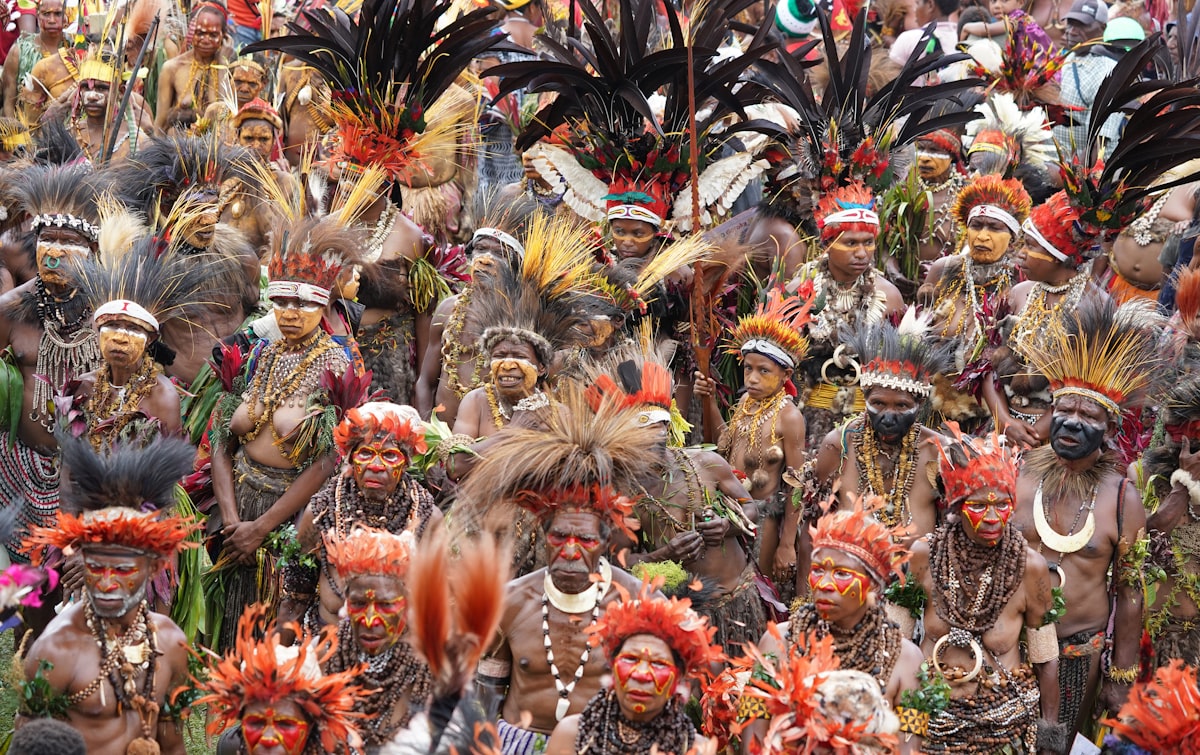Breakfast Notes #26 (Tribes,Inequality,Uncertainty)

Good morning friends. The past week I hosted two live events with students. The first was a small fireside chat with Grace Chiang, the Head of Communications at Endowus. The second was with Professor Terence Ho, who broke down the Budget 2022 in less than an hour. Both events were absolute bangers, and it feels good to be in the presence of people.

Here is a quote on money by Mr John Berger, the late art critic that changed the way I saw the world through his timeless four-part documentary - Ways of Seeing.
Money is life. Not in the sense that without money you starve. Not in the sense that capital gives one class power over the entire lives of another class. But in the sense that money is the token of, and the key to, every human capacity. The power to spend money is the power to live.
Here is the 26th serving of the Breakfast Notes!
We are Tribal Creatures
We are all tribal creatures, but we like to think that we are objective and independent thinkers.
From countries to alumni networks, we all belong to a tribe. We like being part of a tribe because it's comforting to know there are people like us who share our beliefs, worldview and ideals. But, we don't like to accept the view that much of our views do not come from sound reasoning but a desire to remain supported by our peers. On some occasions, we willingly turn from our blind spots to stay loyal to our tribe.
Here is an anecdote to drive home my point,
My American friend, Chad (name anonymized), groaned to me, 'The mainstream media outlets like CNN and Fox News are biased. They are just pushing their political agenda and are serving their political masters'. Yet, when I asked Chad, what he thinks of China, Chad said China is just a' communist and totalitarian' state that frequently abuses human rights. It's almost as if he was representing the TV networks.
Do you see it now?
How To Think About Inequality
Why should we care about inequality? The communist in me says that we ought to care because it's fair. Those with more should give more to help those with less! However, the Friedman sitting on my shoulder - reminds me to let the free market work its magic.
In my discussion with Professor Terence Ho, he made an incisive comment that helped me reframe how we should think about inequality.
To paraphrase him,
The reason I care about inequality is because reducing it will strengthen our social cohesion and inclusion. Every Singaporean will feel that they belong to Singapore.
The health of a country's spirit can be measured by how wealth is distributed. If Inequality in Singapore gets too rampant, the poor and rich will fundamentally live in two different realities. They will each have their own version of Singapore.
The rich will see Singapore as a luxury resort, and the poor will see Singapore as a prison. However, neither will see Singapore as a home. To care about inequality is to care about our fellow citizens' aspirations, well-being, and belonging.
Visualization Of The Day

Colonel Sanders' 1st Kentucky Fried Chicken opened only when he was in his 60s. Born in 1890, he sold fried chicken from his roadside restaurant in Kentucky during the Great Depression. It was only In 1952 in Utah that the first KFC franchise opened.
By the way, he was never a military colonel. The "Colonel" is an honorific title , the highest awarded by the Commonwealth of Kentucky, the Kentucky Colonel.
Imagine how much more we would benefit as a world if we championed the older the same way we champion the young.
Embrace Uncertainty
I must confess that I learned this from Grace. She started as a civil servant who settled for a job to get the iron rice bowl and had no inkling of what to do with her career. However, as time lapsed, her career blossomed. Today, she is the Head of Communications at Endowus, one of Singapore’s fledgling investment funds.
It might also be tempting to think that you must be crystal clear in how your career must unfurl. If you do not know what you will do in the next five years, you must be a failure. Such thinking is often counterproductive.
It's okay that we don't immediately figure out what we want to do. Along with experience in the working world, we will begin to find what we enjoy about our work. As we gain competency, passion can follow suit. Then, we can slowly uncover what it means to build a meaningful career.
Cut the pressure on yourself. You don't need to land your dream job on the first try. After all, even a city-state like Singapore was not built in a day.
May the sun shine upon your face,
Keith